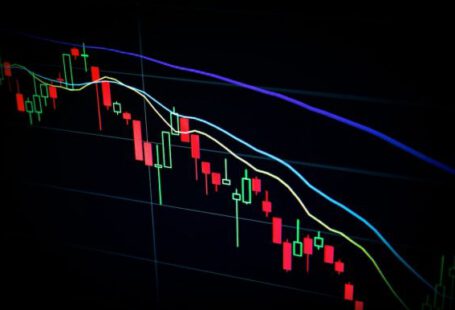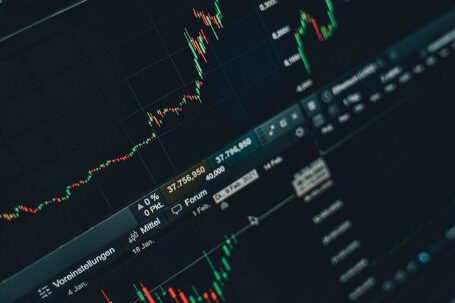In today’s fast-paced and highly competitive trading environment, having the right tools can make all the difference between success and failure. With numerous trading tools available in the market, it can be overwhelming to choose the ones that best suit your needs. This article aims to guide you on how to choose the best trading tools that will help you stay ahead of the game.
Understand Your Trading Goals
Before diving into the world of trading tools, it’s important to have a clear understanding of your trading goals. Are you a day trader looking for tools that provide real-time data and advanced charting capabilities? Or are you a long-term investor who needs tools that offer in-depth market analysis and portfolio management features? Knowing your trading goals will help you narrow down your options and choose tools that align with your specific needs.
Evaluate Your Trading Style
Every trader has a unique trading style, and the tools you choose should complement your preferred approach. For example, if you are a technical analyst who relies heavily on charts and patterns, you may want to prioritize tools that offer robust charting capabilities and technical indicators. On the other hand, if you prefer fundamental analysis, tools that provide access to company financials and news updates may be more suitable for you. Evaluating your trading style will help you select tools that enhance your decision-making process.
Consider Your Budget
While it’s tempting to go for the most expensive trading tools on the market, it’s essential to consider your budget. Trading tools can vary significantly in terms of cost, with some offering basic features for free and others requiring a monthly subscription fee. Determine how much you are willing to invest in trading tools and look for options that provide the best value for your money. Keep in mind that expensive doesn’t always mean better, so it’s crucial to assess the features and functionality you require before making a purchase.
Research the Reputation of the Provider
When it comes to trading tools, reliability is key. You want to ensure that the tools you choose are developed and maintained by reputable providers. Look for providers that have been in the market for a considerable amount of time and have a track record of delivering high-quality tools. Reading reviews and seeking recommendations from other traders can also help you gauge the reputation and reliability of a provider.
Test Before Committing
Before committing to a trading tool, it’s advisable to test it out. Many providers offer free trial periods or demo accounts that allow you to get a feel for their tools before making a purchase. Take advantage of these opportunities to explore the features, user interface, and overall performance of the tools. Testing the tools will help you determine if they meet your expectations and if they are easy to use and navigate.
Seek Support and Training
No matter how user-friendly a trading tool may seem, there may come a time when you need assistance or additional training. Look for providers that offer reliable customer support and resources like tutorials, webinars, and forums. Having access to support and training will ensure that you can maximize the benefits of the tools and overcome any challenges you may encounter.
In conclusion, choosing the best trading tools requires careful consideration of your trading goals, evaluation of your trading style, budgetary constraints, reputation of the provider, and the opportunity to test and receive support. By following these guidelines, you can make an informed decision and select the tools that will empower you to achieve your trading objectives and stay ahead in the competitive trading arena.





